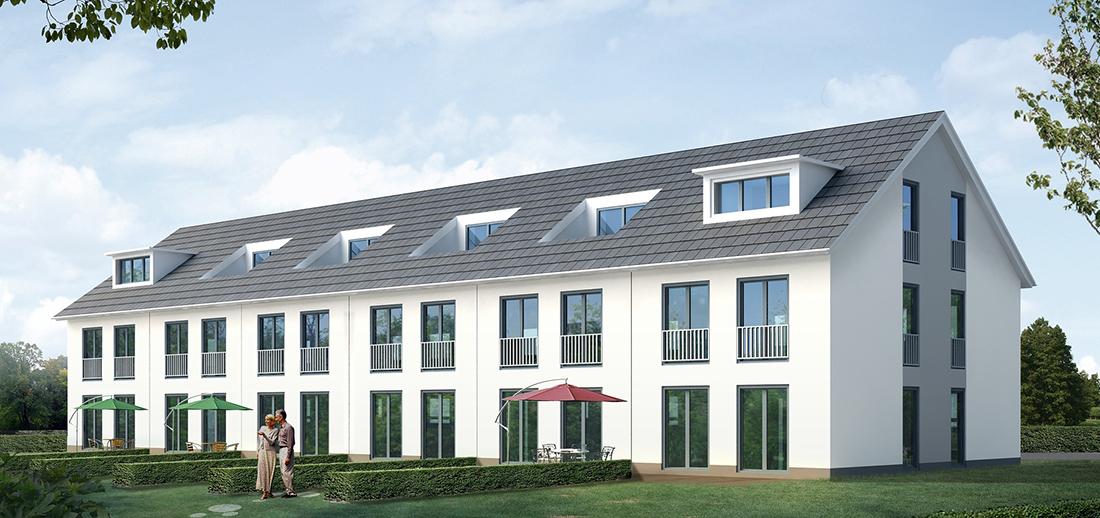Minimum Energy Efficiency Standards for private rented properties
Elmhurst Energy has updated its informative guidance on the Minimum Energy Efficiency Standards (MEES), for landlords and property agents in the private rented sector.
Introduced by government to improve the quality of private rented buildings and reduce the UK’s CO2 emissions, phase one of MEES became effective from 1 April 2018. It’s now unlawful to grant new leases for properties with an Energy Performance Certificate (EPC) rating below an E, with fines of up to £5,000 for those who do not comply.
By April 2020, MEES regulation will extend to all existing residential privately rented property and to all existing commercial leases by 2023. There’s a possibility this could rise to a D rating by 2025 and a C rating by 2030.
To help landlords understand exactly what’ll be required of them as MEES is rolled out, Elmhurst Energy has updated its ‘Guide to Energy Efficiency in the Private Rental Sector’ and its information for landlords and tenants on the new regulations, landlord obligations and how to ensure all housing stock complies.
“Landlords and their agents should act now by commissioning an up-to-date Energy Performance Certificate which will identify the current rating, which may have changed over time, and recommended opportunities for improvement,” says Martyn Reed, Managing Director of Elmhurst Energy. “Our guidance will help landlords understand exactly what will be required of them over the next five years and what they can do right away to ensure compliance.”
Further information
To download the Elmhurst Energy ‘Guide to Energy Efficiency in the Private Rental Sector’ or for more information on MEES visit: www.elmhurstenergy.co.uk.
Sign up to the building bulletin newsletter
Over 48,000 construction professionals have already signed up for the LABC Building Bulletin.
Join them and receive useful tips, practical technical information and industry news by email once every 6 weeks.
Subscribe to the Building Bulletin




Comments
Add new comment